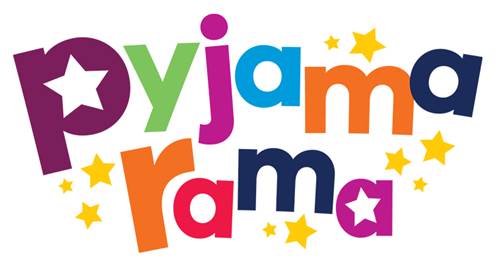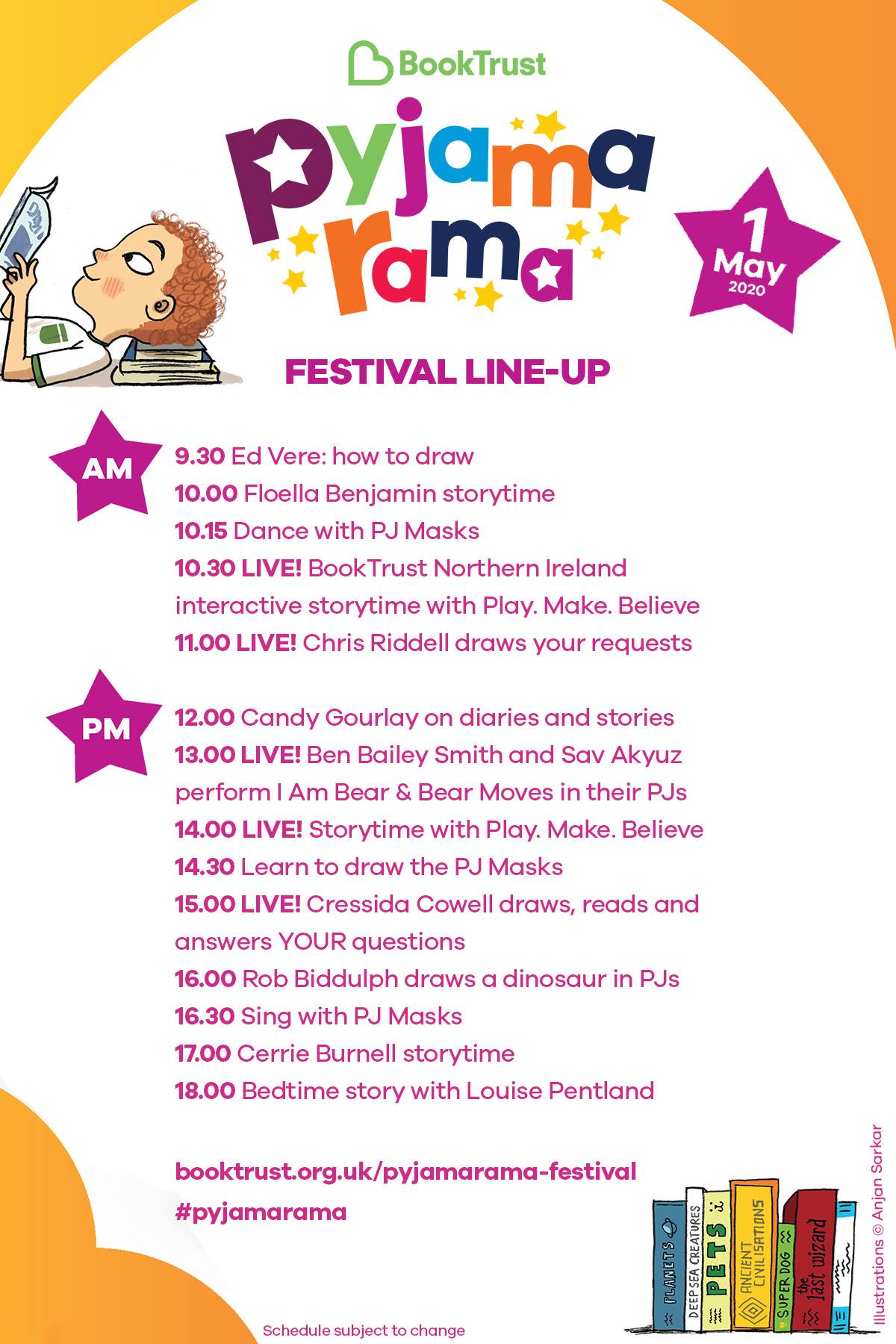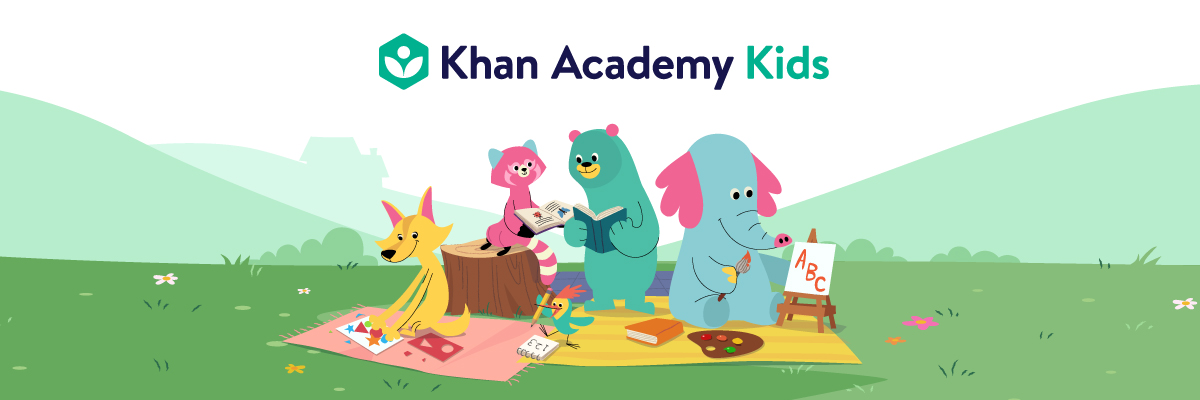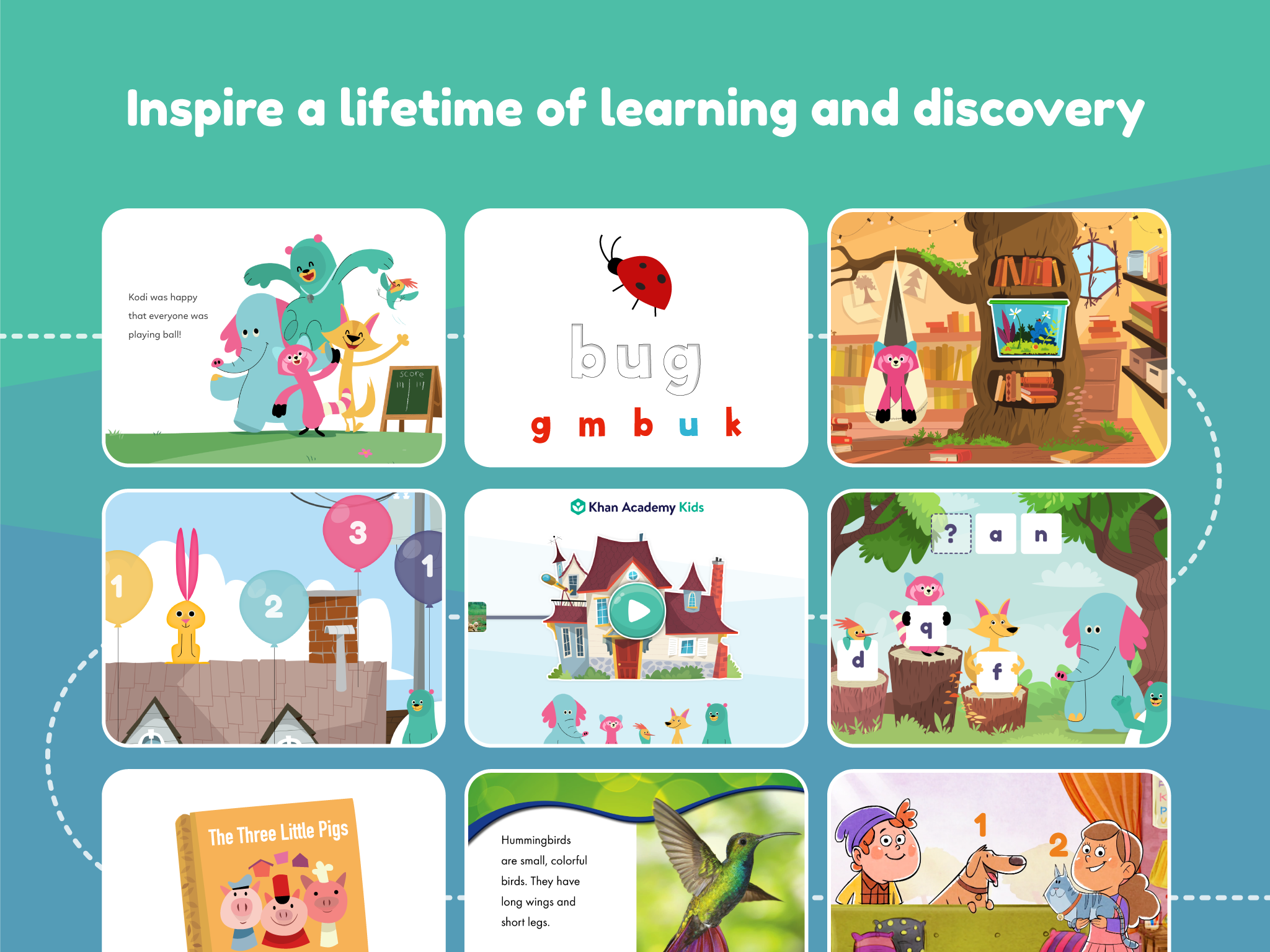 |
| Gathering some stones and painting them during this time will provide endless resources. |
One activity I saw when visiting a school in Sweden impressed me a lot and this is one that can easily be replicated at home. The children were asked to find 4 objects, 3 the same and 1 different and the children's level of thinking was excellent, way beyond 3 are green and 1 is blue. You can read about that experience here:
https://nosuchthingasbadweather.blogspot.com/2018/03/education-matters-erasmus-plus-visit-to.html
But let's start simple: ask your child to find you 3 things, you decide are they to be the same colour, size, shape, type etc. Once they are confident in this activity you can mix it up a little, can you find me 2 big animals and 1 small animal, 1 long sock and 2 short socks. The sky is the limit with this, you can ask them to find anything or just stick to toys.
3 is an easy number to start with, children are used to hearing about things in groups of 3 - bears, little pigs, billy goats, owl babies etc. Once your child is confident about 3 you can start asking for 4, 5 etc. Stretch the activity out by asking can you hop and find me, can you crawl and find me.
You can take this activity outdoors and ask them to find flowers, leaves, shapes etc. if you have a tablet or allow them your phone, let them go find the objects and take a photo and bring it back to you.
Same but different is another great way to extend this activity, get young children to really look at the items they have collected, ask them what is the same, what is different. Young children are really good at this, much better than adults as they notice the tiniest of details. This is great way to get children thinking about sets and how objects are gathered together by their sameness or difference. Initially you, as the adult might have to give them language to describe their objects e.g. 'Oh so you brought me 2 tiny wooden things and 1 very long thing made out of wool' etc.
| Bottle Babies are brilliant for this activity. |
While you can get out for a walk, ask them to find things that are the same on their walk, as they get more used to this activity you can ask 'why are they the same', allowing the child to tell you why they think they are the same, don't say 'no they are not' if they don't quite get it, just step back a bit and keep giving them reasons why they are the same so they will begin to see it for themselves and be able to say why.
All this is giving your child an opportunity to develop their listening skills; how many was I asked to get, memory skills; can they remember the number/type as they search around the room or house, language skills and mathematical skills.
At meal times use this as an activity to get children to help set the table, how many people are there for dinner? How many forks, knives etc. will we need? Can you get me 3 forks and 3 knives and let them set the table.
The possibilities for this activity are endless and I am sure children will come up with lots of new ways to play this.






